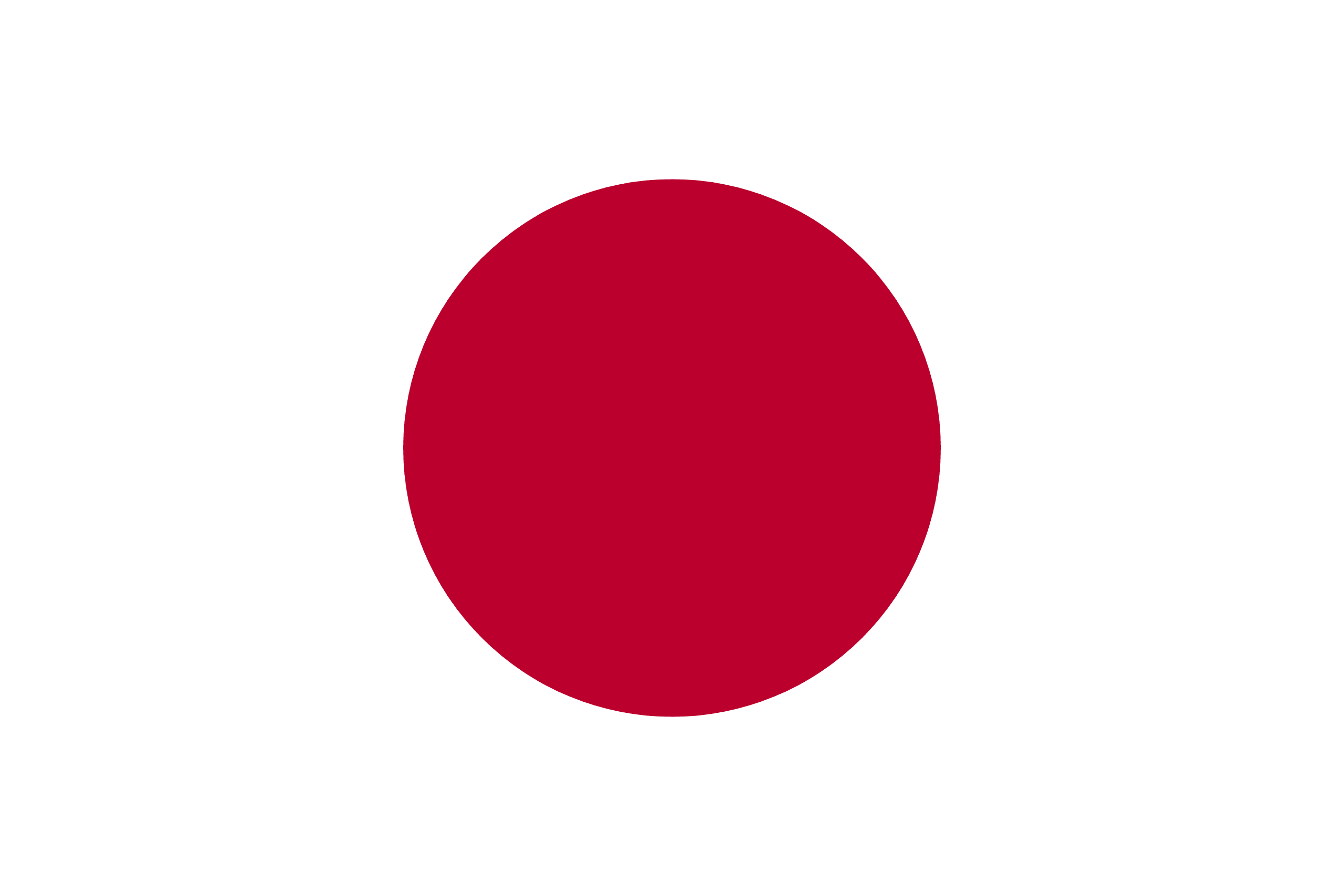Japan

Codex Contact Point
Director, Office for Resources, Policy Division, Science and Technology Policy Bureau, Ministry of Education, Culture, Sports, Science and Technology, 3-2-2 Kasumigaseki, Chiyoda-ku, Tokyo 100-8959, Japan
Telephone:
+81 3 5253 4111
Fax:
+81 3 6734 4010
Email:
[email protected]
[email protected]
[email protected]
Competent authorities
Name of authority:
Ministry of Agriculture, Forestry and Fisheries (MAFF)
Mandate/competence:
MAFF is responsible for risk management related to agriculture and forestry, livestock management, and fisheries.
http://www.maff.go.jp/e/policies/food_safety/index.html
Name of authority:
Ministry of Health, Labour and Welfare (MHLW)
Mandate/competence:
MHLW is responsible for risk management related to food hygiene.
https://www.mhlw.go.jp/stf/seisakunitsuite/bunya/kenkou_iryou/shokuhin/index_00006.html
Name of authority:
Consumer Affairs Agency (CAA)
Mandate/competence:
CAA is responsible for management related to labelling of food items.
https://www.caa.go.jp/en/
INFOSAN Emergency Contact Point
Ministry of Health, Labour and Welfare, Japan
E-mail: [email protected]
Tel: +81-3-5253-2326
Food safety and consumer protection – laws and regulations
The current list of legislation, related to food safety and consumer protection in each country, is extracted from FAO's database on Food Legislation FAOLEX. While FAOLEX makes every effort to serve as a high quality, reliable source of information, no guarantee is given that the information provided in FAOLEX is correct, complete, and up-to-date.The national Codex programme
National Codex consultative mechanism
Providers of scientific and technical input to national consultation on Codex
Risk Assessments and Scientific Data
National bodies providing risk assessment and scientific advice
Risk assessment, risk profiles, scientific opinions
https://www.fsc.go.jp/english/index.html
Official Laboratories
Official Laboratory:
National Institute of Health Sciences http://www.nihs.go.jp/english/index.html
Official Competence:
Official Laboratory:
National Institute of Infectious Diseases https://www.niid.go.jp/niid/en/
Official Competence:
Official Laboratory:
National Veterinary Assay Laboratory
http://www.maff.go.jp/nval/english/index.html
Official Competence:
Official Laboratory:
National Agriculture and Food Research Organization
http://www.naro.affrc.go.jp/english/index.html
Official Competence:
Official Laboratory:
Food and Agricultural Materials Inspection Center
http://www.famic.go.jp/english/index.html
Official Competence:






